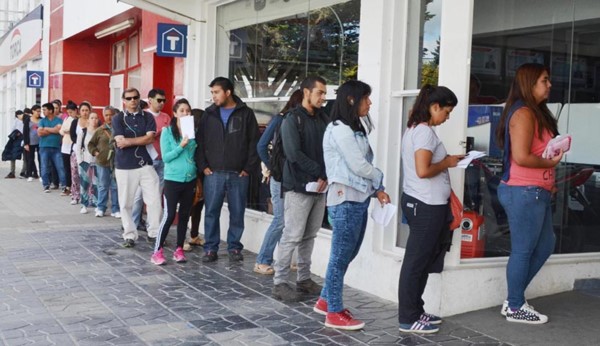The future of work is a hot topic these days. Technology is developing quickly, disrupting how, where, and when people work. Many worry about the loss of jobs as a result of AI and robotics, while others celebrate the potential for increased flexibility and collaboration across time zones and cultures.
These changes in the workplace are taking several forms. One is the shift towards the gig economy, where workers act as free agents in contracted positions, often working multiple jobs simultaneously. Freelancers now make up 36% of the working US population, and were the fastest-growing group in the EU labor market between 2000 and 2014. In Latin America, technology is the key to increasing Latin America’s employment and productivity rates, and startups are at the heart of this change in the region’s workplace.
Below are a few areas of disruptive change in the Latin American workplace, and the entrepreneurs at the forefront of that change.
(more…)



